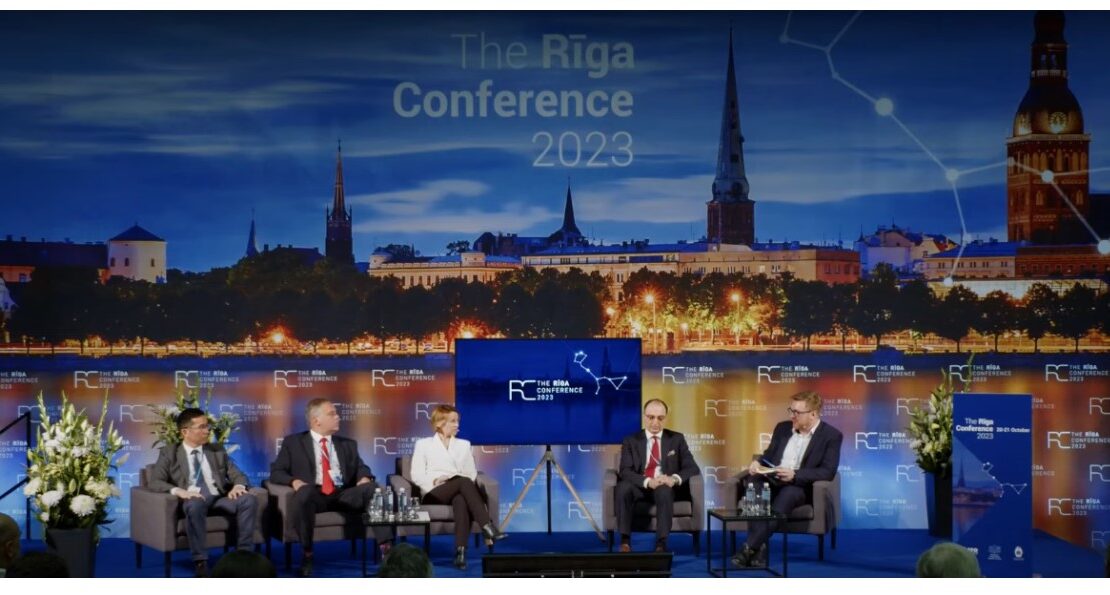From the time of the collapse of the Soviet Union to the military invasion in Ukraine, the West overlooked Russian imperialism – blinded as it was by the illusion of eventual democratization and decolonization of former Soviet republics. For the Kremlin, the collapse of the USSR was, in the words of President Putin, the “greatest geopolitical tragedy of the 20th century”. Consequently, imperial sentiment has been strengthened internally, and “the natural right” to challenge the liberal world order has been used to justify an aggressive imperial policy externally. This has contributed to the resurgence and vigour of imperialist sentiments, and new approaches to cooperation with other global revanchist powers. What would it take to make Kremlin reconsider these strong, new sentiments? How will the emerging totalitarian ideology impact society and political elites? What will Russia’s foreign policy be under the new-old imperialist flag?
Vladimir Milov, Russian Opposition Politician
Mark Galeotti, Director of the Consultancy Firm Mayak Intelligence (online)
Serik Beyssembayev, Director of PaperLab Research Center, Kazakhstan
H.E. Giorgi Badridze, Senior Fellow at the Georgian Foundation for Strategic and International Studies
Marija Golubeva, Head of the Board of the Baltic Initiative on European Reform
Moderator: Max Seddon, Chief of the Financial Times Moscow Bureau

